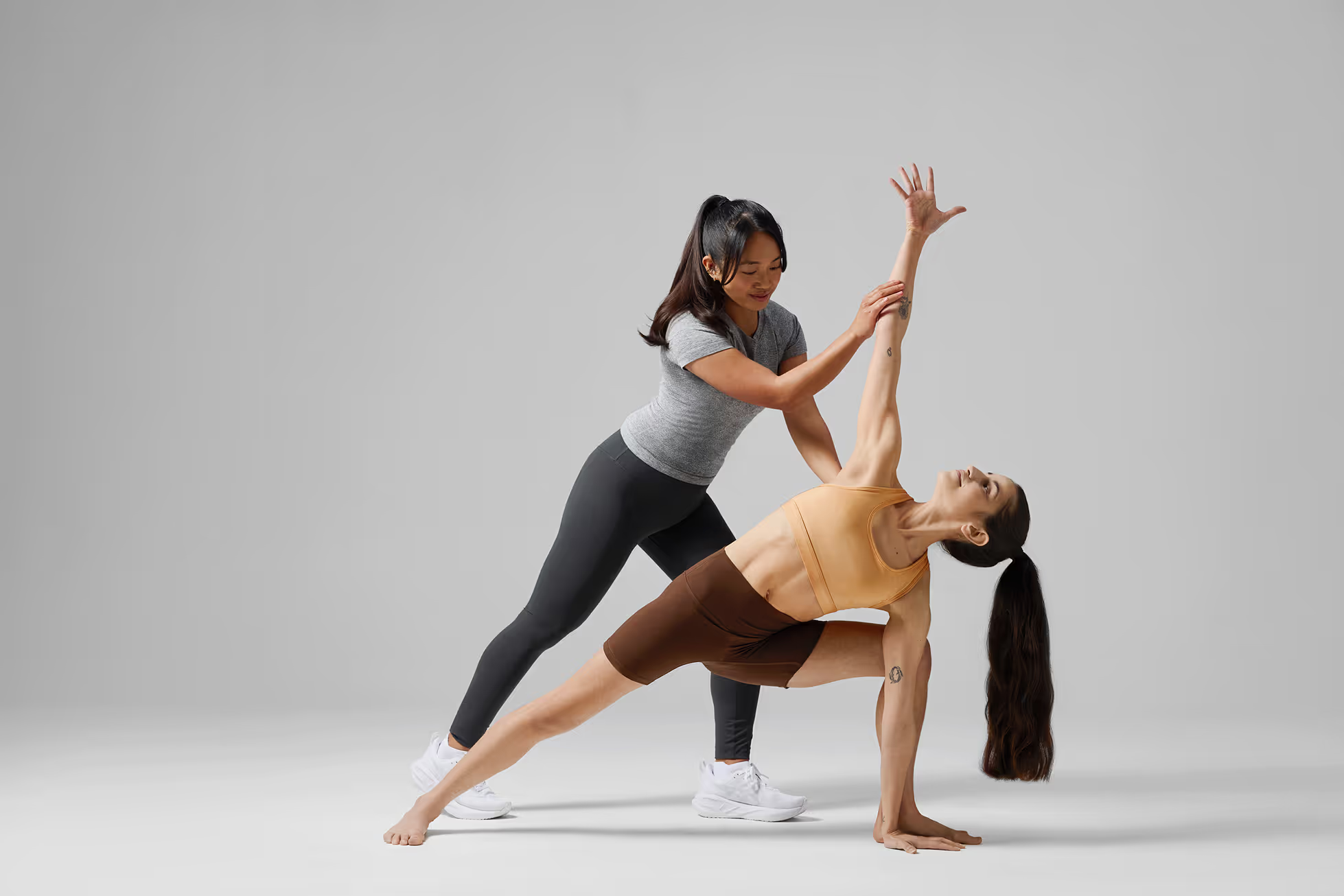3 Types of Shoulder Instability

Shoulder injuries are very common.
Your shoulder is a highly mobile joint, imbalances in its stability and strength can easily lead to dislocations.
Learn the 3 types of shoulder instability to help prevent pain!
3 Types Of Shoulder Instability
Shoulder instability occurs when your muscles and ligaments are challenged to the point of pain and discomfort.There are three major types of instability: anterior, posterior, and multidirectional.
1) Anterior
Anterior instability occurs when the humeral head (e.g. the “ball” of the shoulder joint) translates forward. Primarily seen in athletes and males aged 15-30. Dislocations generally occur with an outstretched arm. Anterior is the most common form of instability.
2) Posterior
Posterior instability is less common but typically seen in overhead athletes like football, tennis, baseball, lacrosse, and water polo. Posterior instability is usually aggravated with the arm forward and across, under load.
3) Multidirectional
Multidirectional instability is not associated with trauma. This type of instability occurs when there is general instability in all directions of shoulder movement. People with this type of instability are typically “double-jointed”, hypermobile individuals and/or have developed chronic dislocations of the shoulder.

How Do You Manage Shoulder Instability?
Exercises dedicated to stabilization and neuromuscular control yield the best results. Managing shoulder instability requires specific strengthening and stabilization exercises that become natural to the individual.The progression of your exercises should train you up to positions in which the shoulder was previously vulnerable. The reaction time for your shoulder stability needs to become second nature, which will require significant work and time.Exercises should focus on the rotator cuff muscles, and the global movers of the shoulder. Training should focus on both open movements (e.g. overhead, unloaded movements like throwing), and planted movements (such as weight training, specialized push-ups, and core strengthening).
Want To Work On Your Shoulder Stability?
Book a session with us! Our expert therapists will assess your movements and set you up on a FutureProof plan to increase your mobility, reduce pain and prevent injury.
It’s time for a 1:1 with a body expert.


.png)
.jpg)
